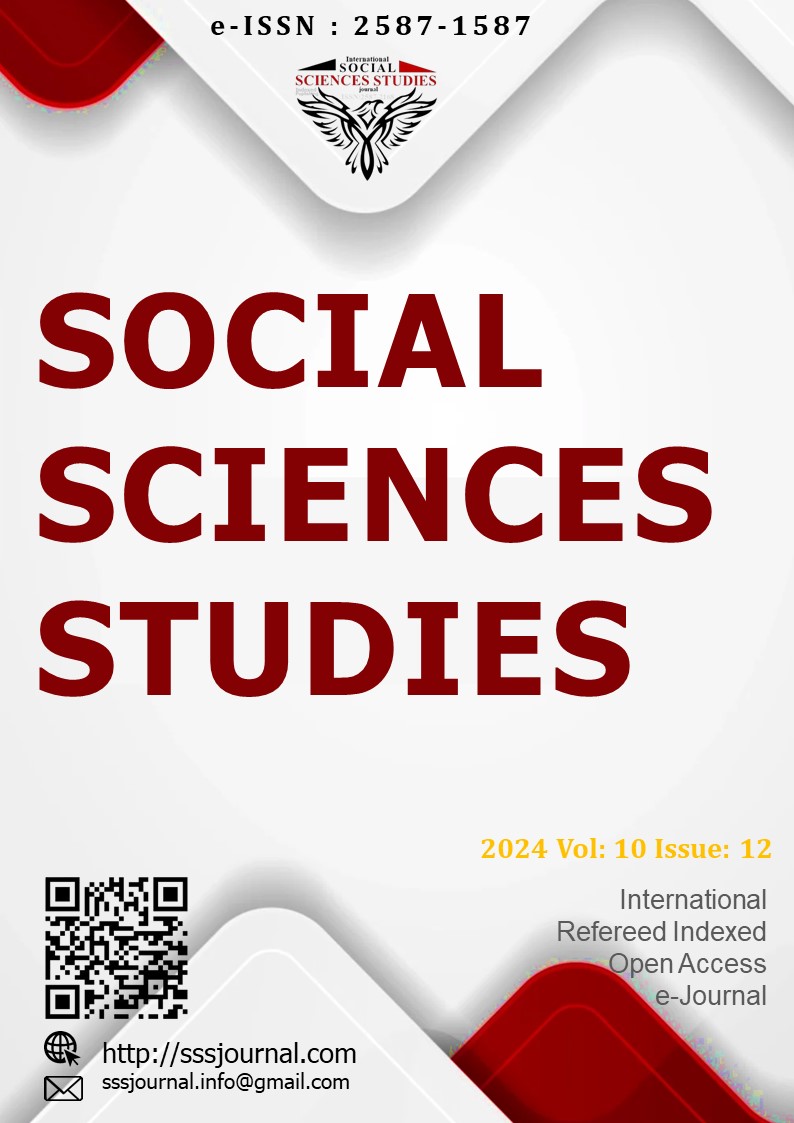Author :
Abstract
Boşanma, bireylerin hayatında hem psikolojik hem de sosyal boyutları olan köklü bir değişim sürecini beraberinde getirir. Bu süreç, kişilerin yalnızca eski eşlerinden değil, aynı zamanda evlilikten kaynaklanan alışkanlıklardan, rutinlerden ve bağlılıklardan da ayrılmalarını gerektirir. Dolayısıyla boşanma sonrası uyum sağlama süreci, sadece bireyin psikolojik dayanıklılığını değil, aynı zamanda toplumsal destek sistemlerini, maddi kaynaklara erişimlerini ve cinsiyet gibi sosyokültürel faktörlerin etkisini de kapsamaktadır. Özellikle çocuk sahibi olup olmama durumu, bu sürecin seyrini derinden etkileyen bir başka kritik unsurdur. Çocuk sahibi olan bireyler için boşanma sonrası dönemde yalnızca kendi psikolojik refahlarını değil, çocuklarının duygusal ve sosyal uyumunu da sağlama yükümlülüğü ortaya çıkmaktadır. Bu çalışmada boşanma sonrası uyum sürecini; psikososyal destek, maddi kaynaklar, cinsiyet ve çocuk sahibi olma durumları açısından ele alan çalışmalar incelenmiştir. Psikososyal destek, bireyin çevresinden ve sosyal ağlarından aldığı yardımların türünü ifade ederken; maddi kaynaklar, bireylerin bağımsız bir yaşam kurma ve sürdürebilme kapasitesini belirlemektedir. Cinsiyet ise toplumun kadın ve erkeklere atfettiği roller doğrultusunda boşanma sonrası uyum süreçlerinde farklı etkiler yaratabilir. Son olarak, çocuk sahibi olma durumu, boşanmanın ardından ebeveynlerin yeniden yapılandırması gereken aile ilişkileri ve sorumluluklar açısından önem taşır. Bu dört ana etkenin birbirleriyle olan ilişkisini incelemek, boşanma sonrası uyum sürecini daha kapsamlı anlamamıza ve boşanma sonrası destek mekanizmalarını geliştirmemize katkı sağlayacaktır.
Keywords
Abstract
Divorce brings about a profound process of change in individuals' lives, encompassing both psychological and social dimensions. This process requires individuals not only to separate from their former spouses but also to detach from the habits, routines, and commitments that stemmed from marriage. Consequently, the post-divorce adaptation process involves not only an individual's psychological resilience but also the influence of social support systems, access to financial resources, and sociocultural factors such as gender. A particularly critical factor in this process is whether or not the individual has children, as this profoundly affects the course of post-divorce adjustment. For individuals with children, the post-divorce period entails the responsibility of ensuring not only their own psychological well-being but also the emotional and social adjustment of their children. This study examines the post-divorce adaptation process through the lens of psychosocial support, financial resources, gender, and parental status. Psychosocial support refers to the types of assistance individuals receive from their surroundings and social networks, while financial resources determine their capacity to establish and maintain an independent life. Gender can create different impacts on post-divorce adaptation processes based on societal roles attributed to men and women. Finally, parental status is significant in terms of the restructured family relationships and responsibilities that parents must manage following a divorce. Exploring the interplay among these four key factors will contribute to a more comprehensive understanding of the post-divorce adaptation process and aid in the development of more effective post-divorce support mechanisms.





